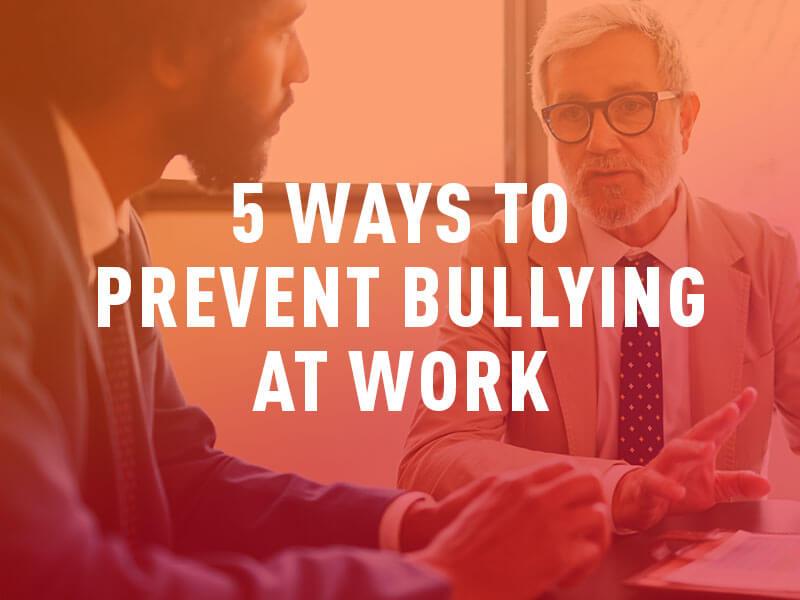Recent Blog Posts
Kanoski Bresney Sponsors Heads Up For Safety: 100 Free Bike Helmets for Kids
HEADS-UP FOR CHILD SAFETY
Kids all over the country are soaking up every minute of their favorite outdoor activities now while school is out for summer. Biking, scooter rides, skating and rollerblading are just a few of the many activities kids have a blast doing while on wheels. With all the fun, however, comes the risk of an accident that - if not prepared- could lead to serious and sometimes life-altering injuries.
The risk of traumatic brain injuries in children can be drastically reduced by wearing a proper helmet- while on a bike, that is. According to a new study done by the Journal of Pediatrics, 70% of youth head trauma accidents are related to sport and/or recreation accidents. It is important to note, however, that helmet use only provides security when properly fitted, strapped and on a bicycle, skateboard, or other set of wheels. Helmets can actually pose a serious safety threat to children when used in areas not designated for helmet use, such as a playground or swimming pool. Helmet straps can easily get caught in playground equipment, which could lead to strangling and serious accidents.
2019 Illinois Takes Next Step in Legalizing Recreational Marijuana
Marijuana is a substance that has been at the heart of many political debates over the last decade or so. On a federal level marijuana is still illegal, but this has not stopped numerous states from slowly incorporating the plant into their own legislature. Medical marijuana boomed once it became common knowledge that even topical treatments of the substance could lessen the symptoms associated with epilepsy, ease the pain of cancer patients, and even dismiss migraines.
Medical marijuana introduced the concept of the plant being a viable and safe option to treat ailments outside of the prescription pill. This revolutionary idea, that marijuana could be helpful rather than harmful, opened the doors for more conversation about how to regulate it, and even decriminalize it.
Too many people have been incarcerated on marijuana possession charges. Numerous people are still in jail while others get to enjoy marijuana recreationally in several states now. Not only are people using the substance, but others are slowly beginning to tolerate and/or accept it as another form of medication or relaxation, even if if they don’t use it themselves. This begs the question: is it fair that so many people are still in jail for possessing marijuana?
4 Elements of a Strong Personal Injury Case in Illinois
Though accidents happen every day, some are more severe than others. In most cases, common mistakes are waived by providing a simple apology. However, some incidents are caused by individuals who might not even be aware of how they contributed to your accident. Instances of negligence, though not intentional in nature, can cause immense damage to those that fall victim to them.
When pursuing legal recourse against the entity that caused your damage, your case must fit the following criteria:
- The defendant owed you a duty of care by preventing unsafe environments and/or conditions while acting. This applies to all individuals, like product manufacturers, service providers, employers, dog walkers, and car drivers.
- The defendant did not fulfill their duty of care. This is typically the result of some form of negligence and/or recklessness.
- The defendant’s breach in duty directly caused the accident that injured the plaintiff. Injuries must be identifiable in some way, even in emotional trauma-based cases.
Top 4 Reasons Insurance Companies Deny Claims
The point of insurance is for the insurance company to provide financial support to policyholders when they have claims. Unfortunately, most insurance companies do not look forward to upholding their end of the contract. During the claims process, the insurer may try to avoid liability for the claimant’s damages through common deny-or-delay tactics. Knowing some of the most common reasons insurance companies use to deny claims can help you determine whether the denial is valid or invalid.
Pre-Existing Injuries
Insurance companies may try to deny benefits to a policyholder because of pre-existing injuries or conditions. Pre-existing injuries or surgeries, however, are not always valid reasons to deny a claim. If the pre-existing condition is not related to the injuries you sustained during your accident, the insurer may still owe you for your medical bills. The same is true if your accident exacerbated existing injuries. Even if you had the injury before, if the incident worsened your symptoms or condition, you could still be eligible for financial compensation.
What Happens During a Deposition in Illinois?

A deposition is something that happens during the discovery phase of a court case. It is one of the many pre-trial processes that allow both parties to create their strategies moving forward. Depositions involve witnesses answering questions about the case, during interrogations from both sides. The goal of a deposition is to give both parties in a personal injury claim all the facts of a case before a trial. What happens after a deposition generally remains the same from case to case in Illinois.
5 Tips to Preventing Workplace Bullying

Bullies in the workplace can make the work environment feel hostile or unsafe. Bullies can make it difficult or ultimately impossible for your employees to perform their job duties. When bullying reaches the level of harassment, workers may suffer undue stress and mental anguish on top of being unable to do their jobs. As an employer, it is your legal responsibility to prevent workplace bullying. If a bully does appear in the workplace, you must do something to intervene and resolve the issue right away.
If you've experienced a hostile or unpleasant work environment due to workplace bullying, contact our office today to schedule a free consultation with one of our attorneys.
Create an Anti-Bullying and Harassment Policy
Addressing bullying and harassment behaviors right from the beginning can put everyone on the same page at work. Create an anti-bullying policy and include it in your employee handbook. The policy should define bullying, list examples, and give clear steps as to what employees should do if they encounter a bully at work. Establishing clear-cut procedures for how to deal with a bully can help workers feel cared about and heard.
How Do I Prove Wrongful Termination?
You might be the victim of wrongful termination if your boss fired you from a job for illegal reasons. Although Illinois is an at-will employment state (meaning employers can fire employees for any reason or not reason at all), it is still against the law to terminate an employee’s relationship with a company because of discrimination or retaliation. If you believe you have a wrongful termination case, use an experienced attorney to help you prove your claim in court.
Understanding the illegal reasons for terminating an employee
There is a big difference between being let go from a job for legitimate reasons and being wrongfully terminated. According to the American Civil Liberties Union (ACLU), there are around 150,000 wrongfully terminations each year in the US.
If we want to understand wrongful termination, we need to look at some of the illegal reasons people are fired from their jobs. These include:
How Does a Personal Injury Lawyer Decide to Take My Case?
If you recently experienced an incident in which someone else’s actions caused injuries to you or a loved one, you may consider filing a personal injury lawsuit. Personal injury lawsuits can provide you with valuable relief from the medical and financial burdens you suffered as a result of your injury. However, even if you believe you have a solid case and should pursue compensation for your injuries, each lawyer retains the right to take on your case or deny assistance.
Before you schedule a slate of free consultations, it is important to determine how likely an injury lawyer is to accept your case. This post will provide a list of factors our Springfield personal injury lawyers take into consideration when evaluating potential cases.
Who Caused the Incident?
Liability is the number one factor in any personal injury case, and refers to the fault assigned for the incident. Refer to documentation regarding the incident, including police reports, witness reports, statements by the other party, and your own recollections of the incident. Potential lawyers will use all of this information to determine which party an insurance company, judge, or jury is likely to consider at fault.
Illinois Distracted Driving Laws
Distracted driving is a problem, but there is no uniform way to tackle the problem as is exemplified by the varying ways that each state attacks the distracted driving problem. Depending on what state lines you cross, the way you are punished for using a cellphone while driving a motor vehicle varies wildly.
With this in mind, let's talk about the distracted driving laws that apply here in Illinois.
Phones & Hand Held Devices
The most prominent distracted driving laws in Illinois are those pertaining to cellphones and hand held devices. Illinois law prohibits use of hand held cellphones, texting, or using electronic devices while operating a motor vehicle. This includes while stopped at a stop light or sign.
- Hands free or blue tooth technology is allowed for drivers 19 years of age and over.
- City and school bus drivers are forbidden from using cellphones while they are driving.
- No driver is allowed to use their cellphone if they are in a highway construction zone or a school zone.
What are the Dangers of Walking While Texting?

The dangers of texting continue to be studied and not just for drivers. Although it might sound crazy, texting while walking can be almost as dangerous as texting while driving. More and more pedestrians are being injured while practicing unsafe texting conditions while walking along busy roads.
People have walked into telephone poles, bus stops, doors, shops, subway tracks, and more while not paying attention to where they are going. Pedestrians paying attention to their phones instead of their walking route not only slow down foot traffic but are also more likely to cause accidents with other pedestrians or walk directly into oncoming traffic.
Walking and Texting Accident Statistics
A recent study by the Harborview Injury Prevention and Research Center found that texting has become a significant distraction for pedestrians and the behavior can put pedestrians at risk for being hit by a vehicle.









